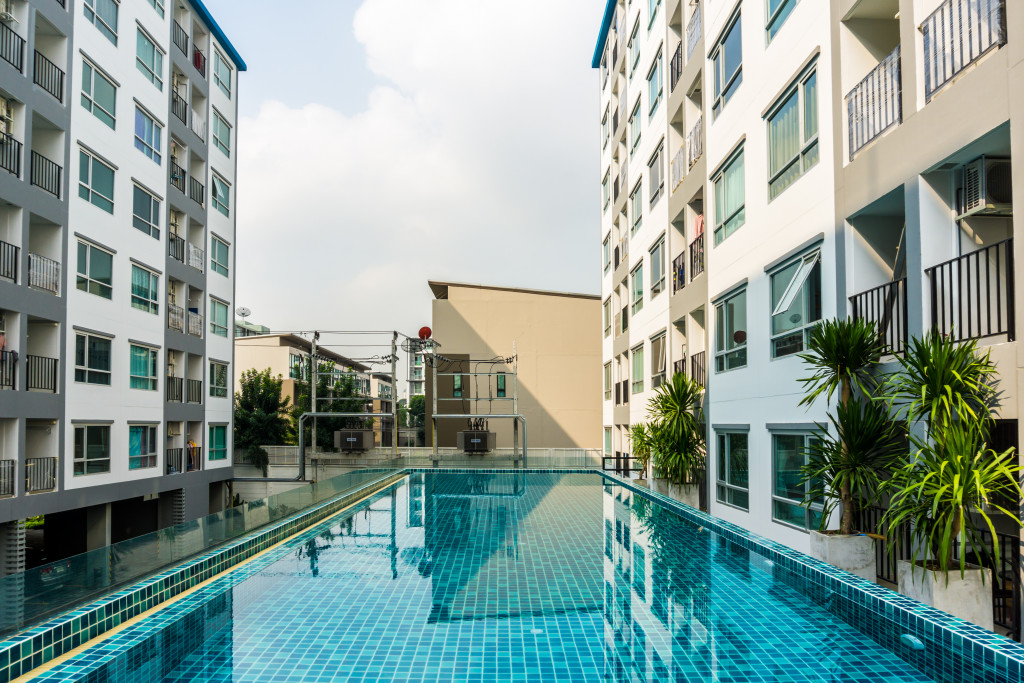- Overseas Filipino Workers (OFWs) are a significant contributor to the growth of the Philippine real estate market.
- OFWs send billions of pesos in remittances to their families back home, and some invest these funds in residential properties.
- Due to OFW investments, including condominiums, hotels, malls, and hospitals, mixed-use developments have been growing in popularity.
- OFWs also contribute to the industry by providing jobs and skills gained from their experiences abroad.
- Businesses and entrepreneurs in the real estate industry should recognize and support OFWs.
The Philippine real estate market has been booming in recent years, and a significant contributor to this growth is the overseas Filipino workers (OFWs). These hardworking individuals leave their families behind to work abroad, often in low-paying jobs, to provide a better life for their loved ones. Their contributions to the Philippine economy are immeasurable, and one industry that greatly benefits from them is the real estate sector.
Remittances and investment
OFWs send billions of pesos in remittances to their families back home every year. This money is a lifeline for many Filipino households, allowing them to pay for daily expenses, education, and health care.
However, instead of using the money for expenses, some OFWs invest their remittances in real estate properties. This trend has played a significant role in the growth of the Philippine real estate market.
Increasing demand for residential properties

As the number of OFWs increases, so does the demand for residential properties. Knowing that their hard-earned money will support their loved ones back home, OFWs look for ways to invest and secure their financial future. Real estate investments for OFWs have become an increasingly popular option due to their potential for substantial returns.
With the pandemic increasing the demand for more spacious and comfortable homes, residential properties have become a prime target for OFWs. By taking advantage of their overseas income and investing in Philippine real estate, OFWs can provide for their families and enjoy the benefits of long-term passive income.
Development of mixed-use properties
Overseas Filipino Workers (OFWs) have been known to invest heavily in real estate in their home country to secure their future back home. In response to this trend, the Philippine real estate industry is experiencing a surge in the development of mixed-use properties that cater to these OFW investments. These properties combine residential, commercial, and hospitality elements to create a well-rounded living experience.
Condominiums
Investing in condominium units is one of the go-to choices for OFWs. The rising demand for condominiums in the Philippines is due to the convenience it provides to its residents. Condominiums are in prime locations with easy access to the city’s commercial and business districts.
Hotels
The tourism industry in the Philippines is booming, thanks to the country’s picturesque beauty. With the number of OFWs returning to the Philippines for a vacation, investing in hotel rooms seems to be an excellent plan for them. Moreover, some hotels offer a rental pool arrangement, allowing OFW investors to generate passive income.
Malls
Malls in mixed-use developments primarily cater to the overall community within the story . Still, they also provide various business opportunities for OFWs wishing to have stores or franchises. Since mixed-use developments attract many potential customers, OFWs can benefit significantly. Not only can they invest in mall spaces or stores, but potential buyers of their products or services are highly accessible.
Hospitals
Hospitals may not appear at the top of the list for mixed-use developments in the Philippines. However, they are crucial in providing convenience and accessibility to its residents, especially OFWs. Mixed-use developments with hospitals nearby offer emergency and primary health care services, making it easier for OFWs to access these services in the Philippines.
Influence on the real estate industry

Aside from investing in real estate, OFWs also contribute to the industry by providing jobs and skills. Many of them often work as sales agents and brokers, contributing to the growth of the real estate workforce. Their experiences abroad, such as exposure to different cultures and languages, also provide them with valuable skills that can be applied in the real estate industry.
The bottomline
The contribution of OFWs to the Philippine real estate market is undeniable. Their hard work, remittances, and investments have played a significant role in the sector’s growth, from the demand for residential properties to the development of mixed-use properties.
The Philippine real estate industry should continue recognizing and supporting OFWs, which are vital to the country’s economy. Businesses and entrepreneurs in the real estate industry should also take advantage of the growing market and provide opportunities for OFWs to invest and participate in the sector’s expansion.

